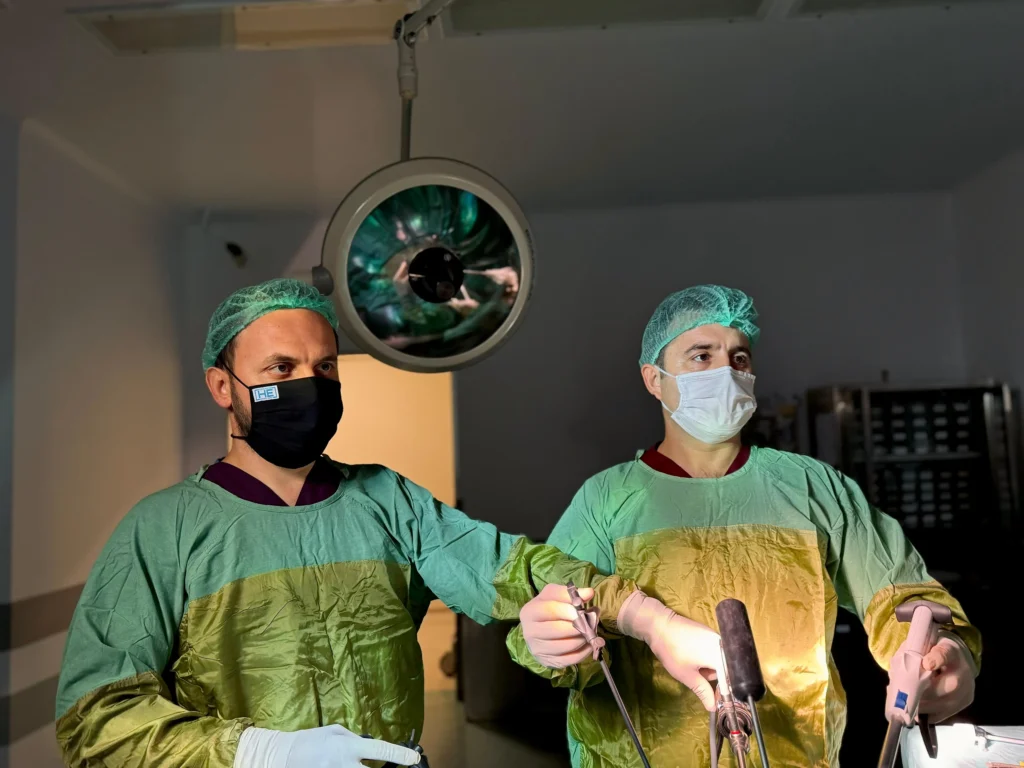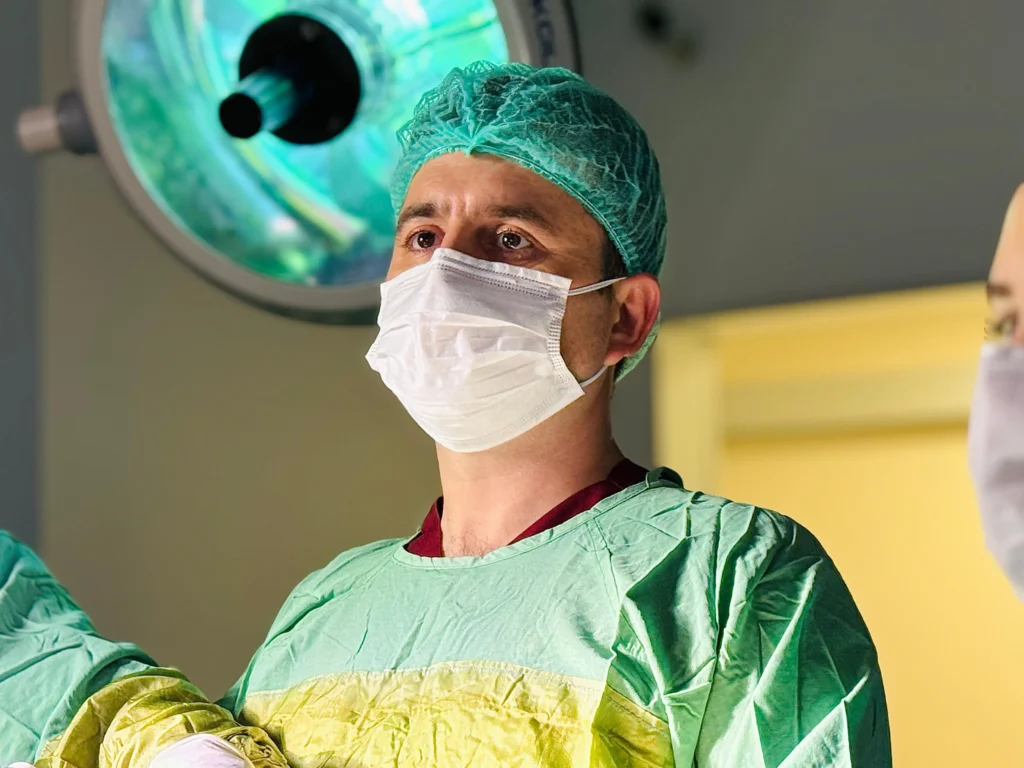Gastric sleeve surgery, also known as sleeve gastrectomy, is a life-changing procedure that significantly alters the digestive system. After this surgery, certain medications can cause complications or hinder recovery, making it essential to understand which drugs should be avoided. The phrase “Medications to Avoid After Gastric Sleeve” encompasses a critical part of post-operative care. This article explores how medications affect the body after surgery, lists specific drugs to avoid, and answers frequently asked questions about medication use after a gastric sleeve.

What is Gastric Sleeve?
The gastric sleeve is a popular bariatric surgery designed to aid weight loss in people struggling with obesity. The procedure involves removing a large portion of the stomach, leaving behind a smaller, tube-like structure. This change limits the amount of food you can eat, reduces hunger by altering hormonal signals, and helps patients achieve significant weight loss.
Since the stomach’s structure and function are dramatically changed, the way medications are absorbed and tolerated also shifts. This makes it crucial for patients to carefully follow their surgeon’s guidance regarding medication use. Neglecting these guidelines can result in complications such as ulcers, stomach irritation, or poor absorption of essential drugs.
How Medications Affect Your Body After Gastric Sleeve?
After gastric sleeve surgery, the reduced size of the stomach and changes in the digestive system can significantly impact how medications are absorbed. Some drugs, especially those that are irritating to the stomach lining, become riskier to use. Medications such as NSAIDs (non-steroidal anti-inflammatory drugs) can cause ulcers or even perforations in the stomach, leading to serious health problems.
Additionally, certain medications may not be as effective due to reduced stomach acid or altered absorption rates. For example, extended-release tablets may not work as intended because they require a longer time in the digestive tract to release their contents. This highlights the importance of working closely with your healthcare provider to tailor your medication plan after surgery.
Which Medications to Avoid After Gastric Sleeve?
Certain medications are known to pose risks after gastric sleeve surgery and should be avoided unless specifically recommended by a healthcare professional. Below are some of the most common ones:
Ibuprofen
Ibuprofen is an NSAID commonly used to relieve pain and inflammation. However, after gastric sleeve surgery, this drug can irritate the stomach lining, leading to ulcers or bleeding. Patients are advised to seek alternative pain relief options, such as acetaminophen, which is gentler on the stomach.
Fiorinal
Fiorinal, often prescribed for migraines or tension headaches, contains aspirin—a substance that can irritate the stomach and increase the risk of ulcers post-surgery. If you experience headaches, consult your doctor for alternative treatments that align with your post-surgery needs.
Celebrex
Celebrex, another NSAID, is often used for arthritis and other inflammatory conditions. While it is considered a safer NSAID due to its selective action, it can still cause complications in gastric sleeve patients. Always discuss with your doctor before taking Celebrex.

Alka-Seltzer Products
Alka-Seltzer, used for indigestion or heartburn, contains aspirin and can produce excess gas due to its effervescent nature. This can be particularly uncomfortable and even harmful for gastric sleeve patients.
Naproxen
Naproxen, like other NSAIDs, poses a high risk of stomach irritation. Its prolonged use can lead to severe gastric issues, making it unsuitable for post-surgery pain management.
Frequantly Asked Questions
Medications such as NSAIDs (e.g., ibuprofen, naproxen), aspirin, and effervescent drugs like Alka-Seltzer should be avoided due to their potential to cause ulcers and stomach irritation.
Yes, antibiotics are generally safe, but their dosage and type should be determined by your doctor to ensure optimal absorption and minimal side effects.
Ibuprofen is not recommended after a gastric sleeve due to its potential to irritate the stomach lining and cause ulcers. Opt for alternatives like acetaminophen.
Paracetamol, also known as acetaminophen, is safe and effective for managing pain after gastric sleeve surgery. It is a preferred alternative to NSAIDs.
Yes, vitamin supplements are essential after gastric sleeve surgery to compensate for the reduced absorption of nutrients. Choose bariatric-specific vitamins for optimal benefits.
















